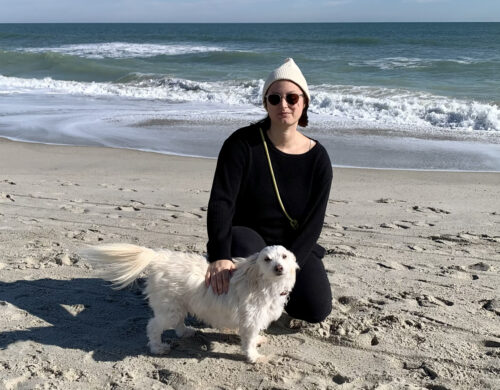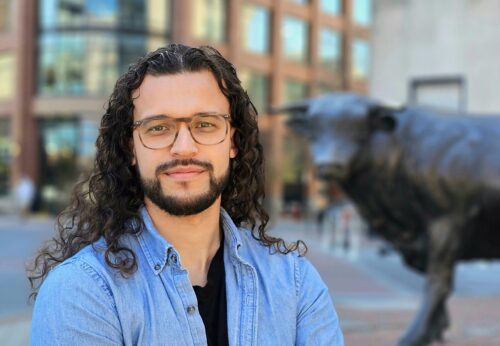In 1978, after receiving a computer science degree from American University in Washington, D.C., Pasin Chanou knew that he could not return to his native Cambodia. Three years earlier, the Khmer Rouge had brutally gained power and threatened his family’s gemstone business. His parents feared for their lives and fled to Thailand. “There was no hope of going back, and my father told me I needed to make a life in America,” he says. “I made up my mind to do whatever it would take to succeed here.”
By that time, a steady flow of Cambodian refugees had made their home in Long Beach. So Chanou and his Cambodian fiancée, whom he’d met in college, moved to southern California. Chanou was hired as a computer analyst at McDonnell-Douglas, the aerospace manufacturer that later merged with Boeing. He spent 32 years at the company, where he worked on military cargo aircrafts. “I was so proud to play a role in contributing to such important projects, like launching commercial and military communications satellites into space,” says Chanou, who earned an MBA from Pepperdine University in 1993. His two sons followed in his footsteps and became engineers.
After retiring in 2011, Chanou shifted his focus to community work. He became chairman of the board for Cambodia Town, a 1.2-mile business and cultural district that features ethnic restaurants and retailers. In 2015, he worked with the City of Long Beach to create a business improvement district that funds a security guard and sidewalk maintenance and helps underwrite a cultural festival that now attracts two thousand visitors annually.
We are a success story of integration. We are a proud part of Long Beach.
Chanou’s mission for Cambodia Town is to celebrate immigrants’ economic contributions to Long Beach. “Instead of going to college, many Cambodian refugees became entrepreneurs,” he says, pointing to the restaurants, jewelry stores, beauty salons, grocery stores and tailoring businesses they run. “They’re also famous for their donut shops,” he says. Cambodians in Long Beach faced a rough transition, Chanou says, because of local skepticism toward the influx of refugees. But they have become essential to the city’s identity and native Californians have embraced them. “We are a success story of integration. We are a proud part of Long Beach,” he says.




